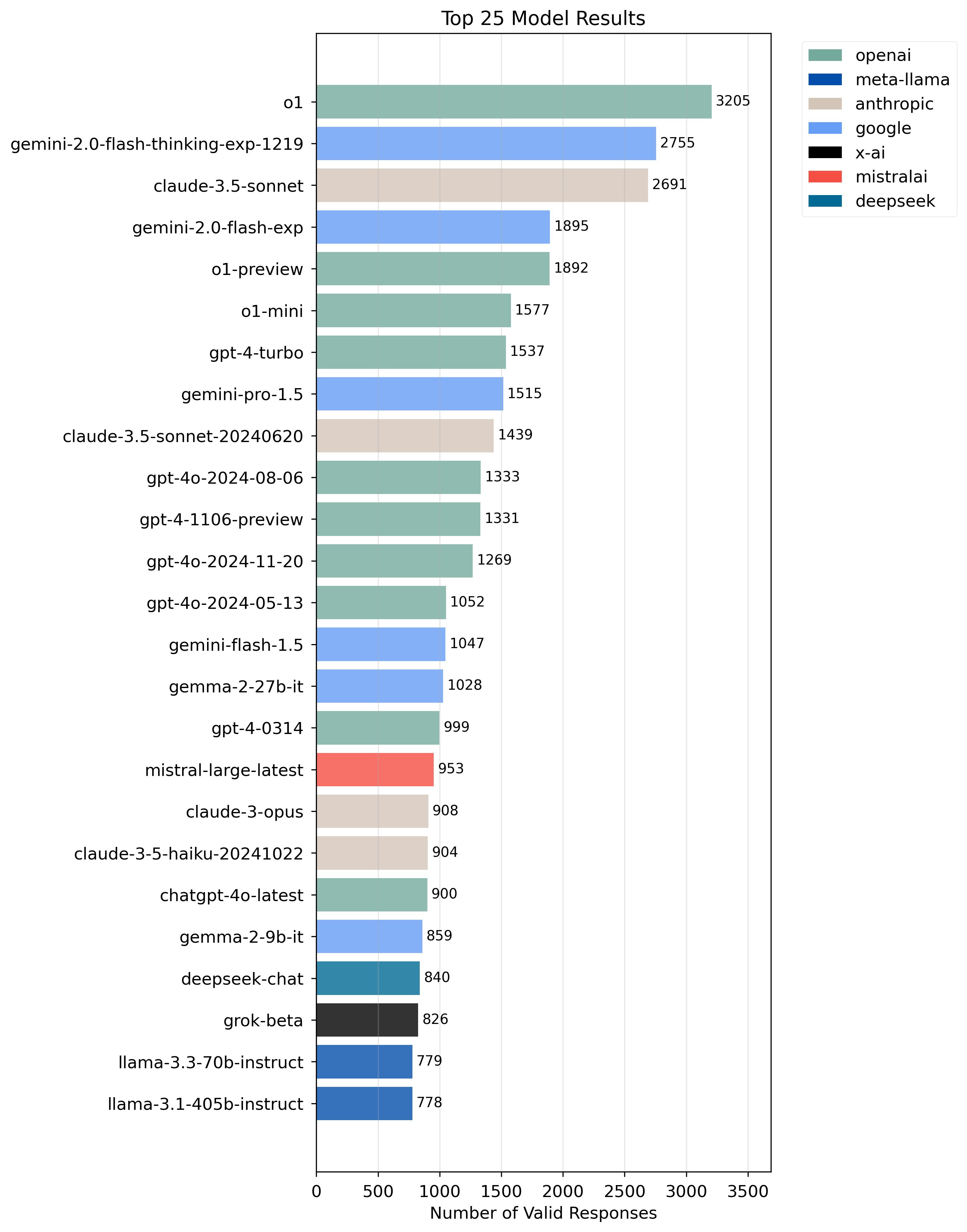
Richard Whittle gets funding from the ESRC, Research England and was the recipient of a CAPE Fellowship.

Stuart Mills does not work for, consult, own shares in or receive financing from any business or organisation that would take advantage of this post, and demo.qkseo.in has actually revealed no pertinent affiliations beyond their scholastic appointment.
Partners
University of Salford and University of Leeds provide financing as establishing partners of The Conversation UK.
View all partners
Before January 27 2025, it's reasonable to say that Chinese tech business DeepSeek was flying under the radar. And then it came significantly into view.
Suddenly, everyone was discussing it - not least the investors and executives at US tech companies like Nvidia, Microsoft and Google, which all saw their business values tumble thanks to the success of this AI start-up research lab.
Founded by an effective Chinese hedge fund supervisor, the laboratory has taken a various technique to expert system. One of the significant differences is expense.
The advancement expenses for Open AI's ChatGPT-4 were said to be in excess of US$ 100 million (₤ 81 million). DeepSeek's R1 design - which is used to create material, solve logic issues and produce computer system code - was reportedly made using much less, less powerful computer system chips than the likes of GPT-4, resulting in costs declared (but unproven) to be as low as US$ 6 million.
This has both monetary and geopolitical impacts. China goes through US sanctions on importing the most advanced computer chips. But the fact that a Chinese startup has actually had the ability to develop such a sophisticated design raises questions about the efficiency of these sanctions, and whether Chinese innovators can work around them.
The timing of DeepSeek's new release on January 20, as Donald Trump was being sworn in as president, signalled a difficulty to US supremacy in AI. Trump responded by explaining the minute as a "wake-up call".
From a financial perspective, the most noticeable impact might be on consumers. Unlike rivals such as OpenAI, which just recently started charging US$ 200 each month for access to their premium models, DeepSeek's equivalent tools are presently totally free. They are likewise "open source", permitting anyone to poke around in the code and reconfigure things as they wish.
Low expenses of development and effective usage of hardware seem to have managed DeepSeek this cost benefit, and wiki.philo.at have actually currently required some Chinese rivals to decrease their costs. Consumers should anticipate lower costs from other AI services too.
Artificial financial investment
Longer term - which, in the AI industry, can still be extremely quickly - the success of DeepSeek might have a big effect on AI investment.
This is because so far, nearly all of the huge AI companies - OpenAI, Meta, Google - have actually been struggling to commercialise their designs and be rewarding.
Previously, this was not always a problem. Companies like Twitter and Uber went years without making profits, prioritising a commanding market share (lots of users) instead.
And companies like OpenAI have actually been doing the very same. In exchange for continuous financial investment from hedge funds and other organisations, they assure to build even more powerful designs.
These designs, business pitch probably goes, will massively increase productivity and after that success for services, which will wind up pleased to spend for AI items. In the mean time, all the tech companies need to do is collect more information, buy more effective chips (and more of them), and establish their models for longer.
But this costs a great deal of money.
Nvidia's Blackwell chip - the world's most powerful AI chip to date - expenses around US$ 40,000 per system, and AI companies typically require 10s of thousands of them. But already, AI business have not actually struggled to bring in the required financial investment, even if the sums are substantial.
DeepSeek might alter all this.
By demonstrating that developments with existing (and maybe less innovative) hardware can accomplish similar performance, it has provided a caution that throwing money at AI is not guaranteed to settle.
For example, prior bphomesteading.com to January 20, it might have been presumed that the most sophisticated AI models need huge information centres and other facilities. This implied the likes of Google, Microsoft and OpenAI would deal with limited competition because of the high barriers (the huge cost) to enter this market.
Money concerns
But if those barriers to entry are much lower than everyone thinks - as DeepSeek's success suggests - then numerous enormous AI financial investments suddenly look a lot riskier. Hence the abrupt effect on huge tech share prices.
Shares in chipmaker Nvidia fell by around 17% and ASML, which develops the makers required to make advanced chips, likewise saw its share cost fall. (While there has been a slight bounceback in Nvidia's stock cost, it appears to have actually settled below its previous highs, showing a new market truth.)
Nvidia and ASML are "pick-and-shovel" business that make the tools necessary to develop a product, rather than the product itself. (The term originates from the concept that in a goldrush, the only individual ensured to earn money is the one offering the picks and shovels.)
The "shovels" they offer are chips and chip-making devices. The fall in their share rates originated from the sense that if DeepSeek's more affordable method works, the billions of dollars of future sales that investors have priced into these companies might not materialise.
For the similarity Microsoft, Google and Meta (OpenAI is not openly traded), the expense of building advanced AI might now have actually fallen, suggesting these companies will have to spend less to stay competitive. That, for them, links.gtanet.com.br might be a good idea.
But there is now doubt regarding whether these companies can effectively monetise their AI programmes.
US stocks comprise a traditionally big percentage of worldwide financial investment right now, and technology companies make up a traditionally large percentage of the value of the US stock exchange. Losses in this industry might require financiers to offer off other investments to cover their losses in tech, causing a whole-market downturn.
And it should not have come as a surprise. In 2023, a leaked Google memo alerted that the AI market was exposed to outsider disturbance. The memo argued that AI business "had no moat" - no security - against competing models. DeepSeek's success may be the evidence that this holds true.














